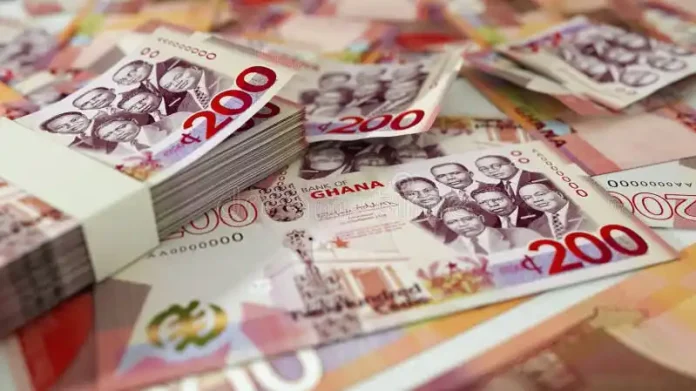Ghana’s cedi has become a global standout. In April 2025, it was named the best-performing currency in the world, according to Bloomberg, appreciating nearly 16% against the US dollar. This rapid gain is already bearing fruit; inflation dropped to 21.2% in April from 22.4% in March, the lowest rate in eight months.
Behind the appreciation is a mix of smart policy and external support. The Bank of Ghana’s Domestic Gold Purchase Programme has strengthened foreign reserves, while tight fiscal discipline and reduced central bank financing have boosted investor confidence. The central bank’s decision to raise interest rates to 28% helped attract capital and ease inflation. Support from the IMF, including a $370 million disbursement, has further stabilized the macroeconomic environment.
For Ghanaians, a stronger cedi offers immediate relief. The prices of imported goods have softened, and inflationary pressure has eased. The Ghana Union of Traders Association (GUTA) credits the cedi’s stability for renewed business confidence and better price planning.
But the appreciation has trade-offs. A strong currency makes Ghana’s exports less competitive, and families receiving remittances may see lower cedi equivalents. Structural weaknesses also remain. The Centre for Policy Scrutiny has warned that the gains could be short-lived without deeper economic reforms. Similarly, S&P Global Ratings predicts the cedi may weaken again by late 2025 as fiscal and inflationary pressures return.
In short, while the cedi’s rise brings welcome economic relief, sustaining this momentum will require more than short-term fixes. Fiscal discipline, export diversification, and structural reforms must follow if Ghana is to build lasting currency stability and resilience.









